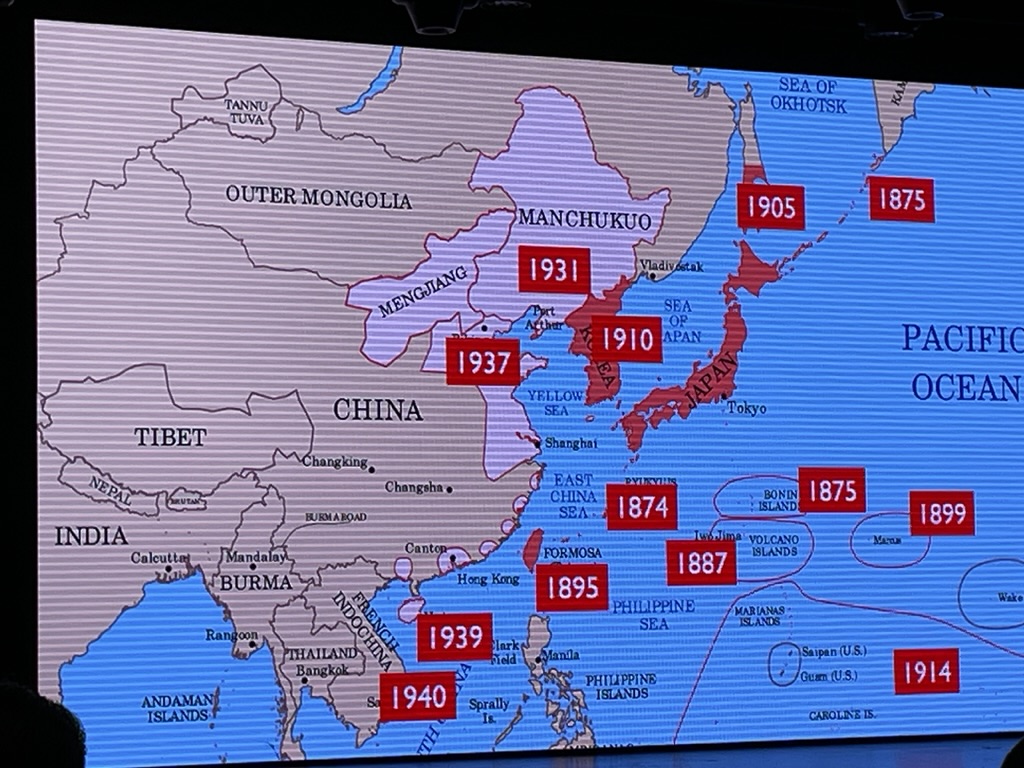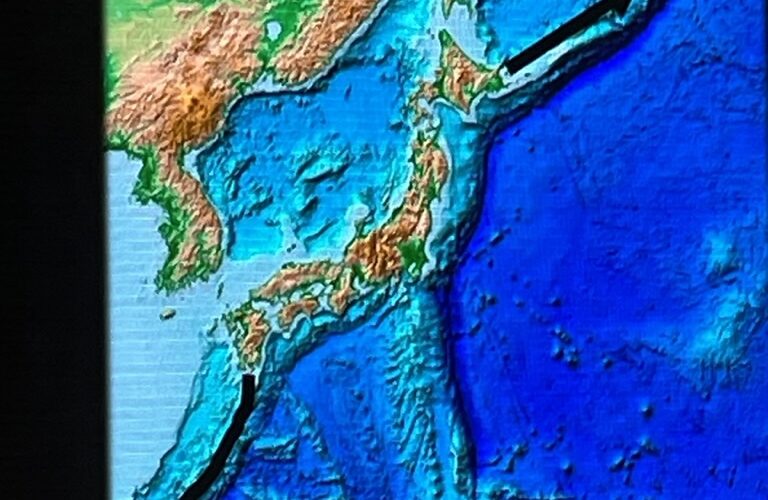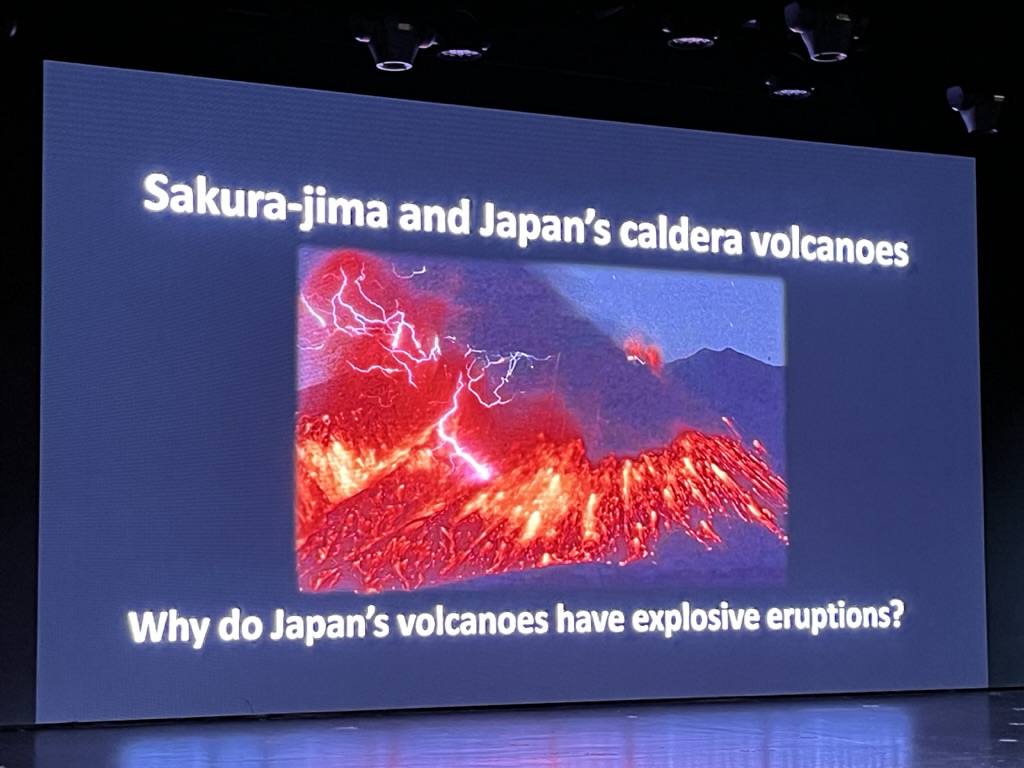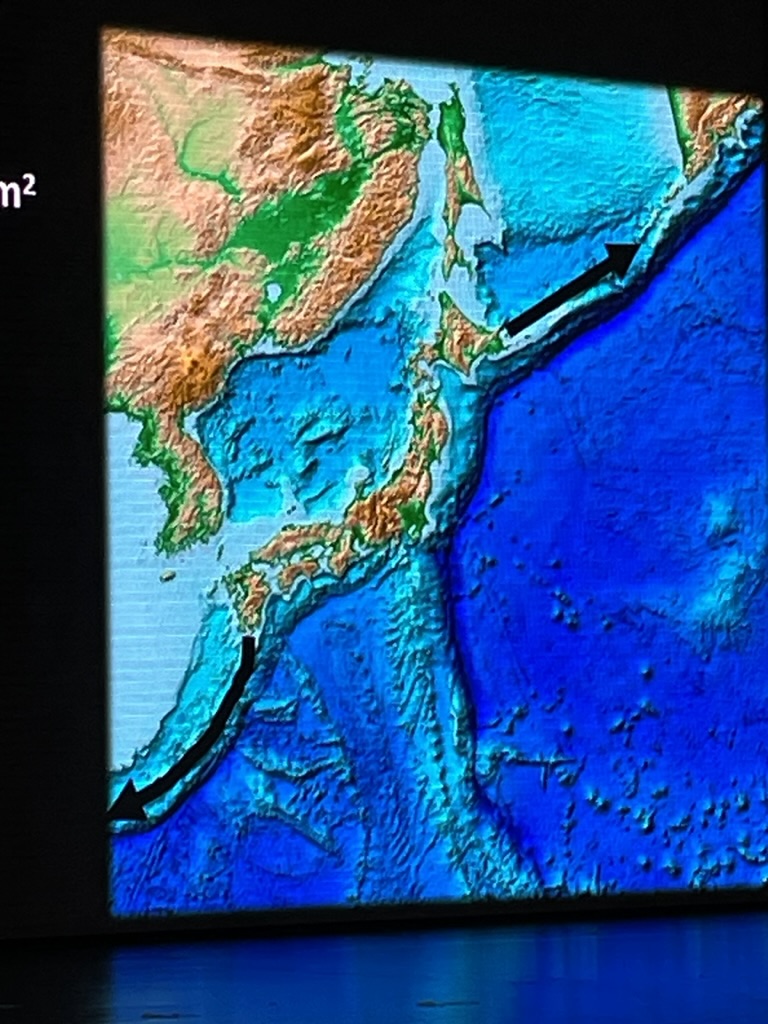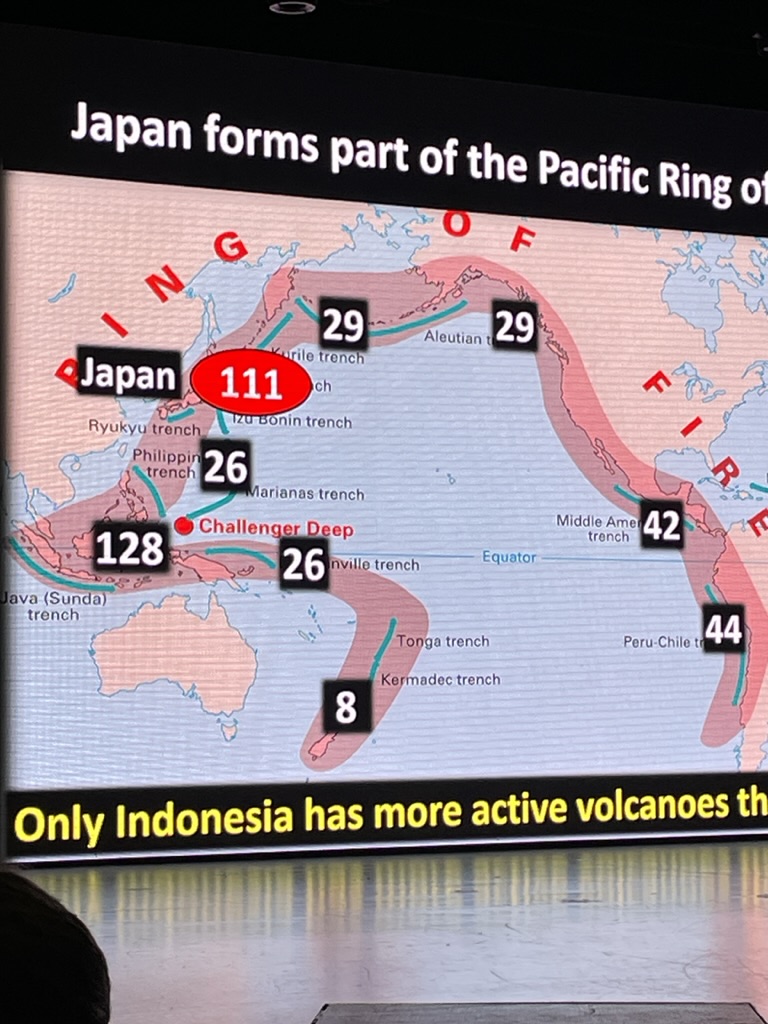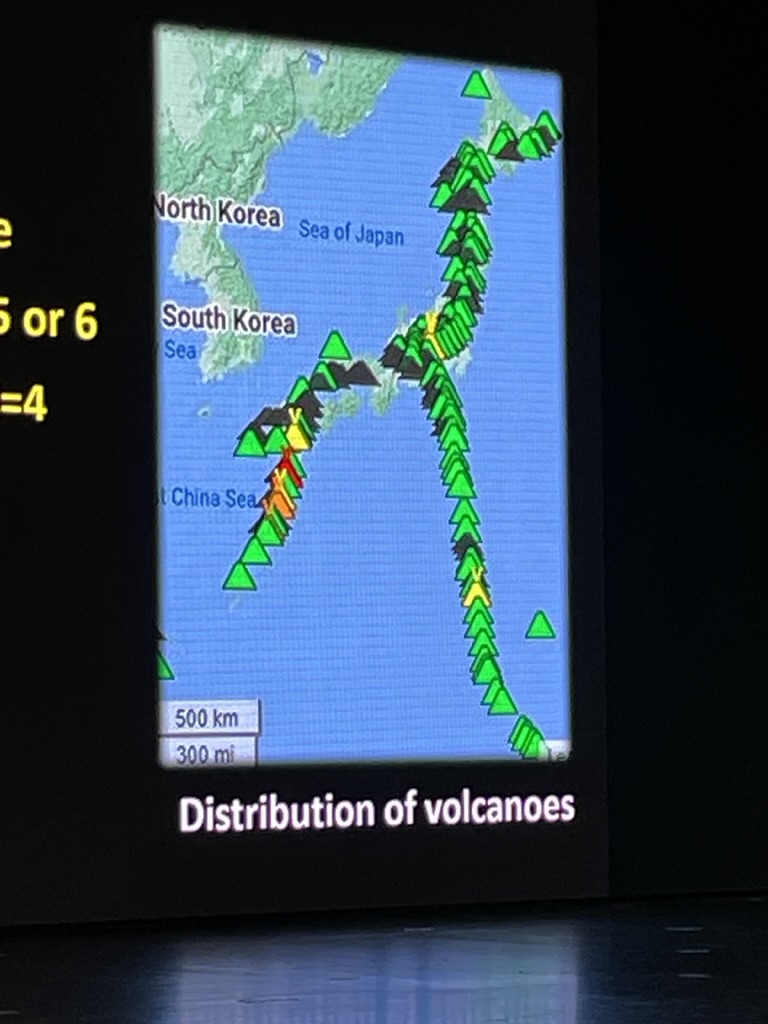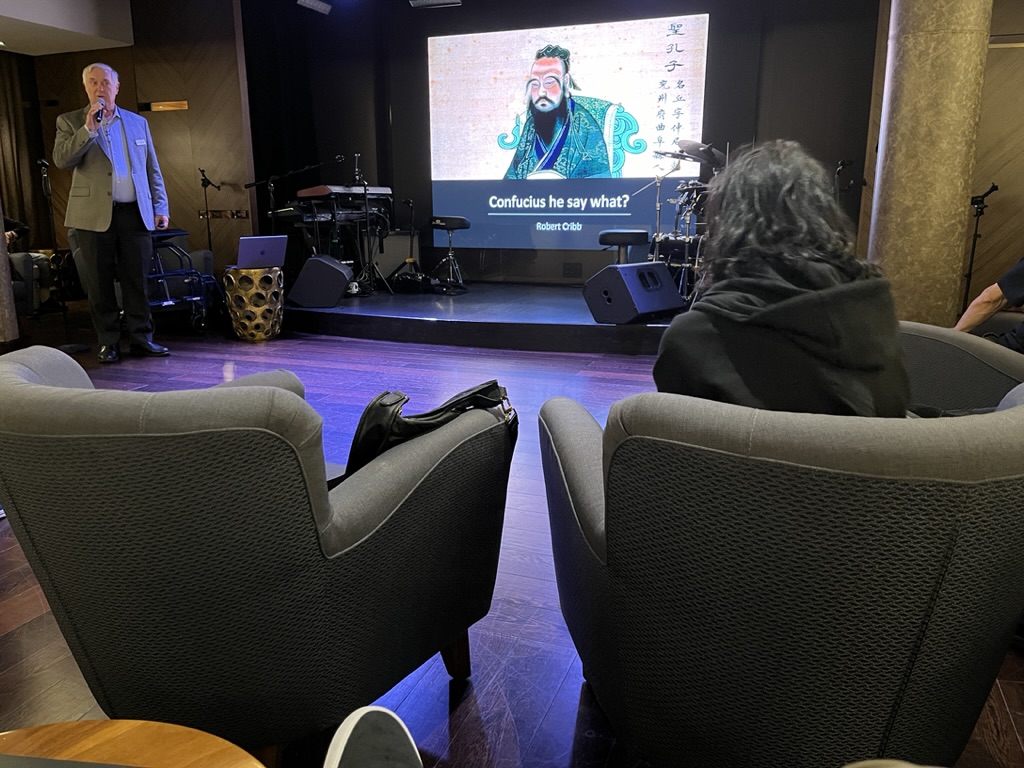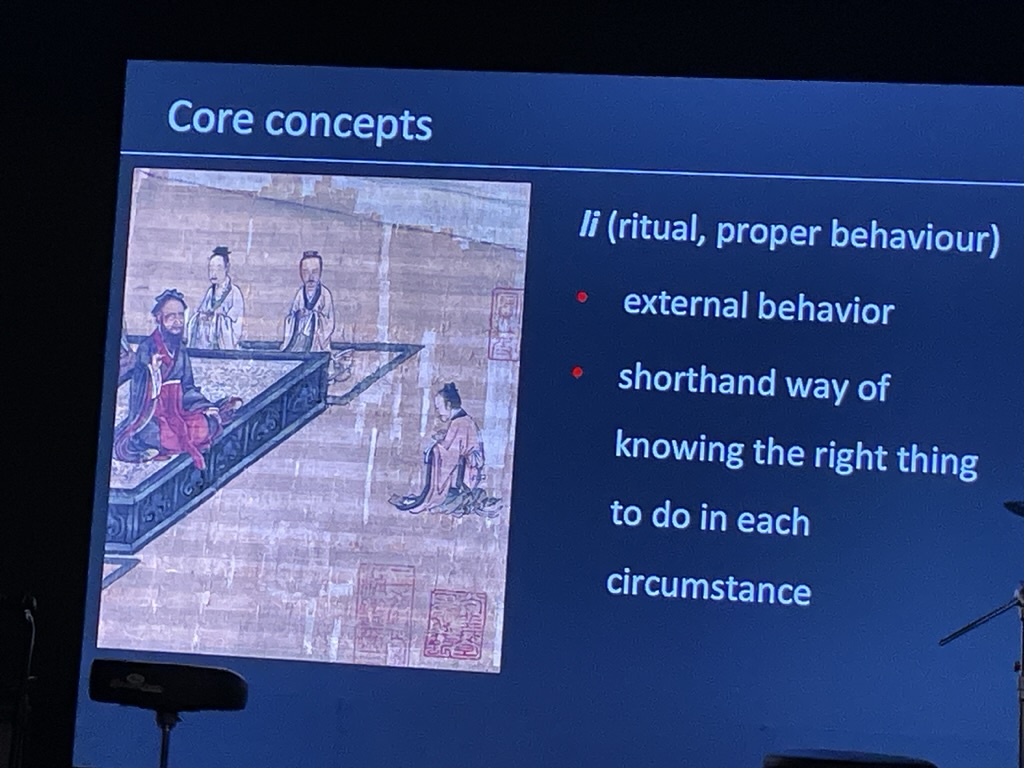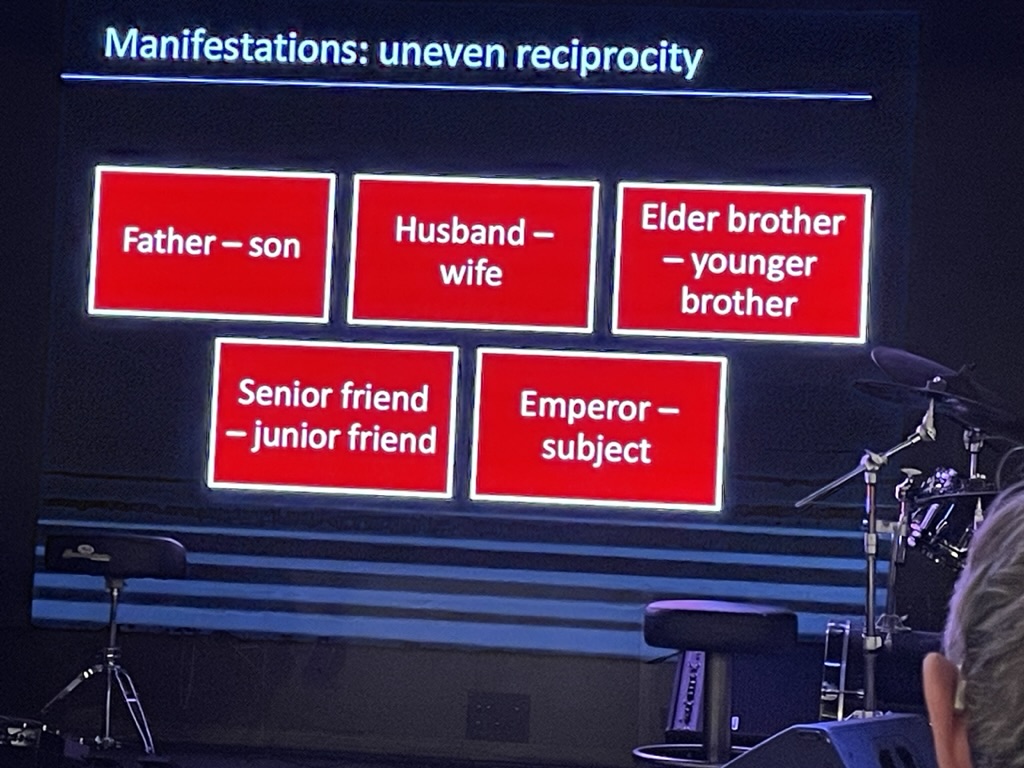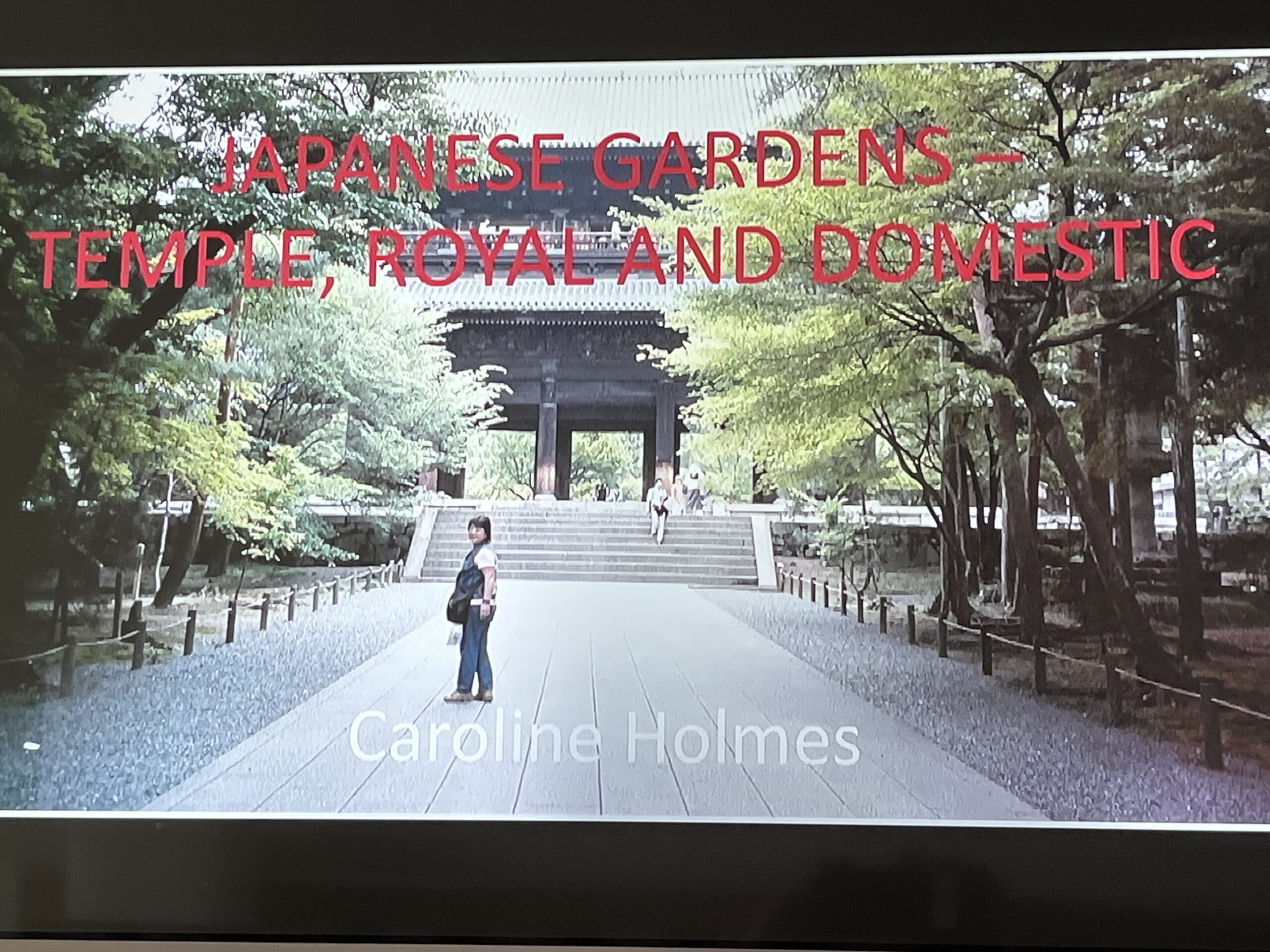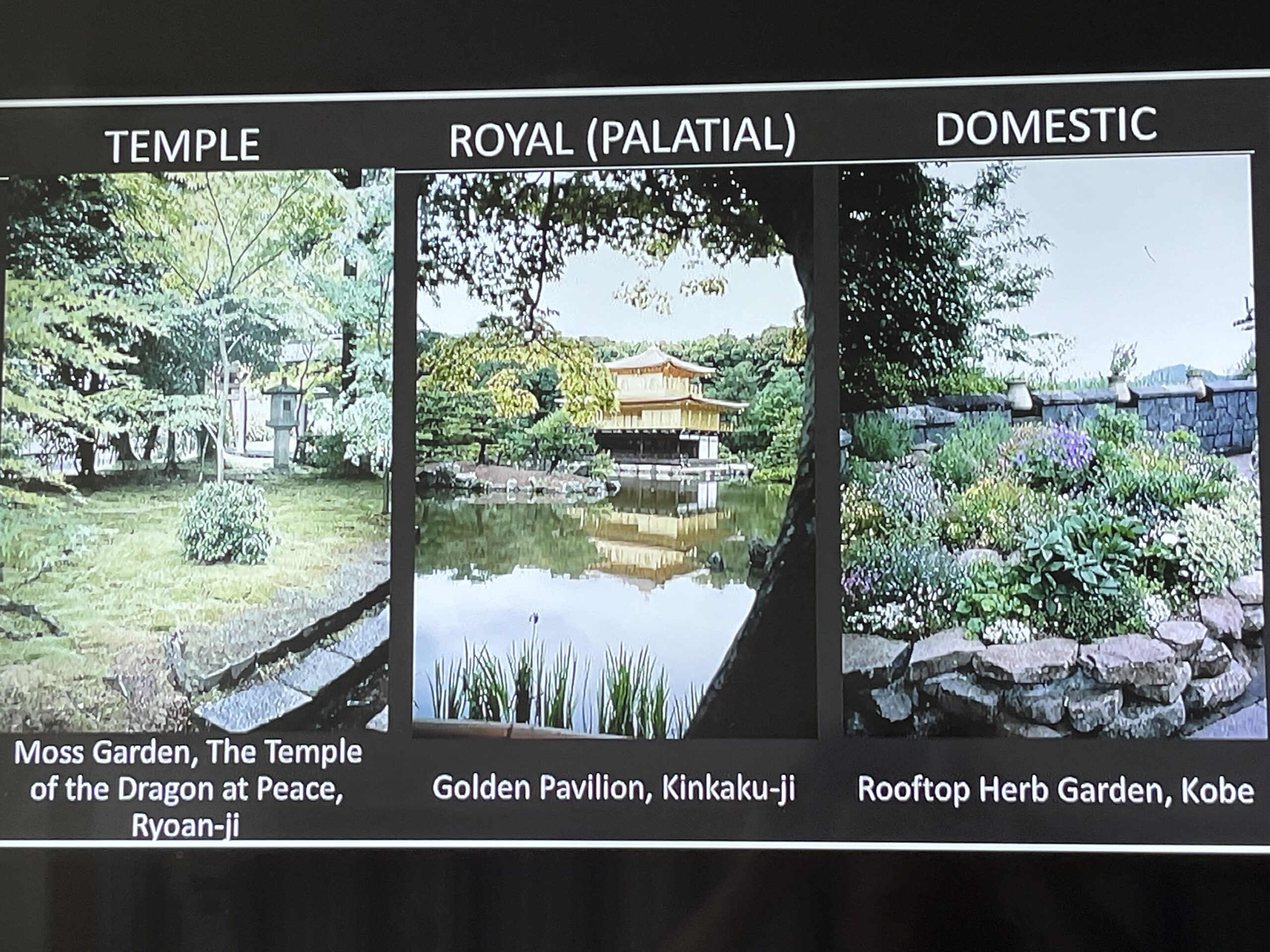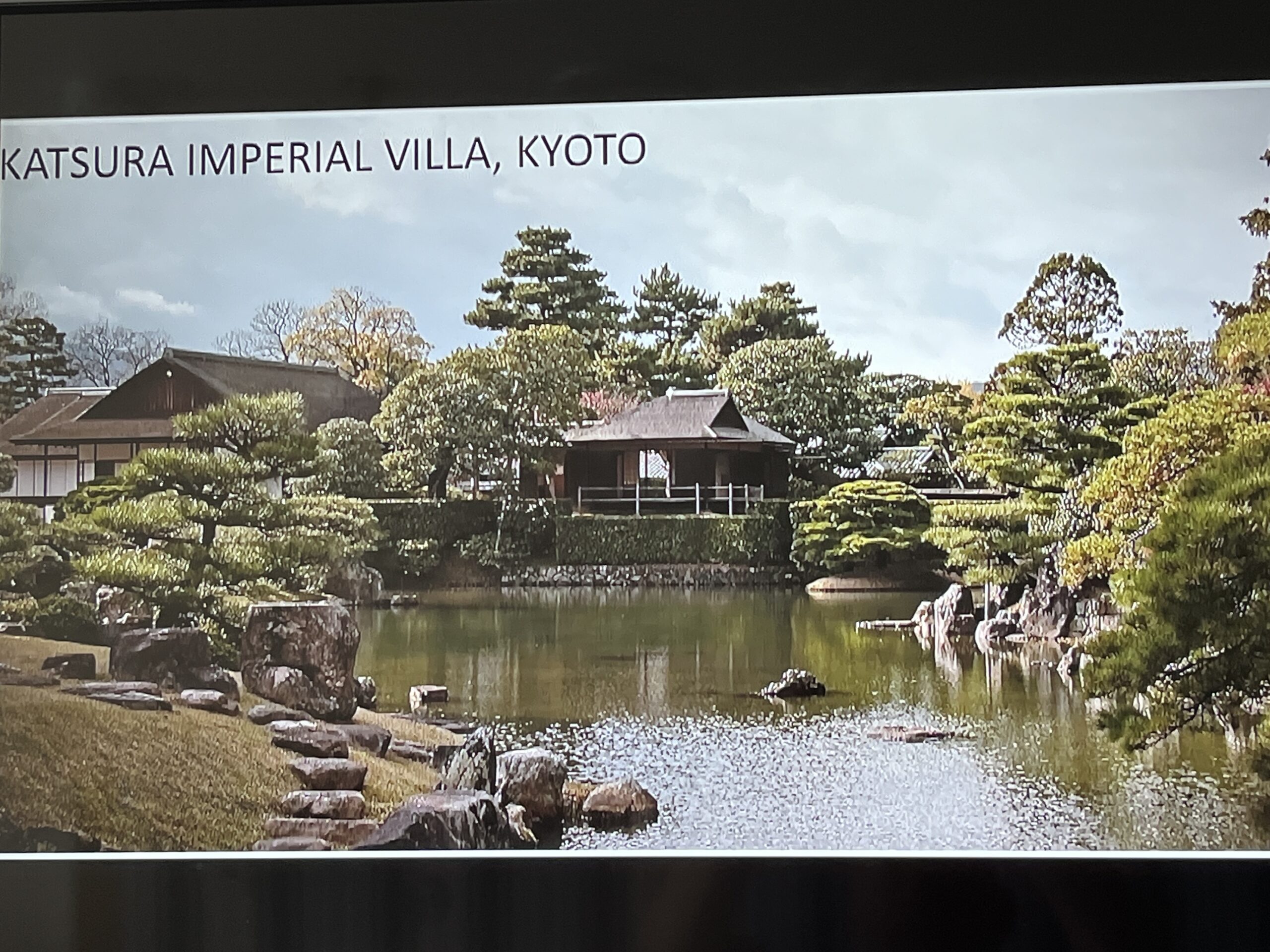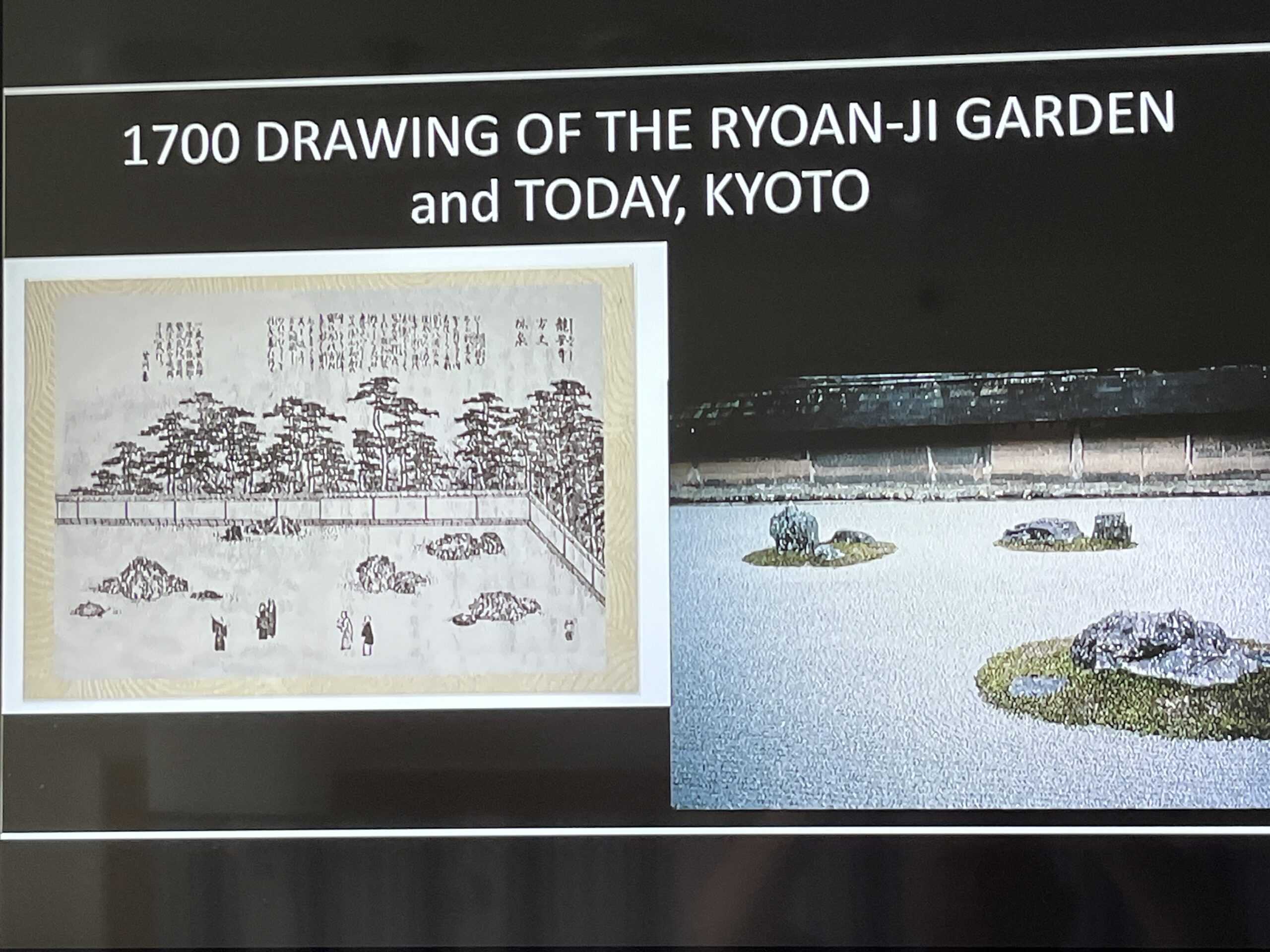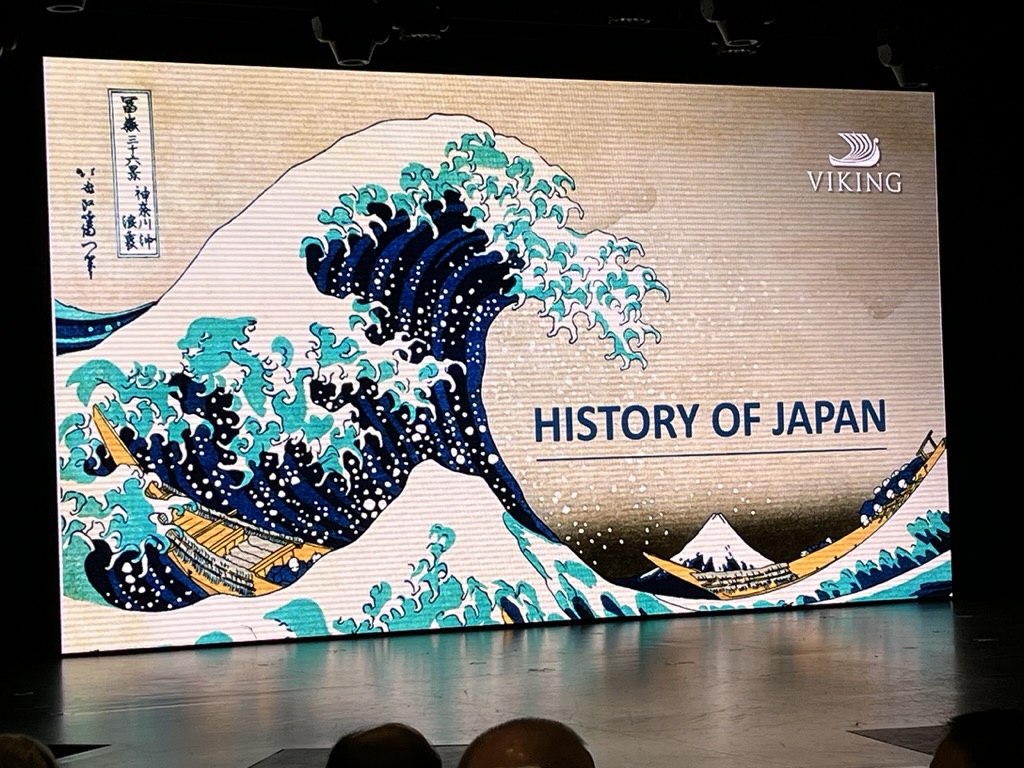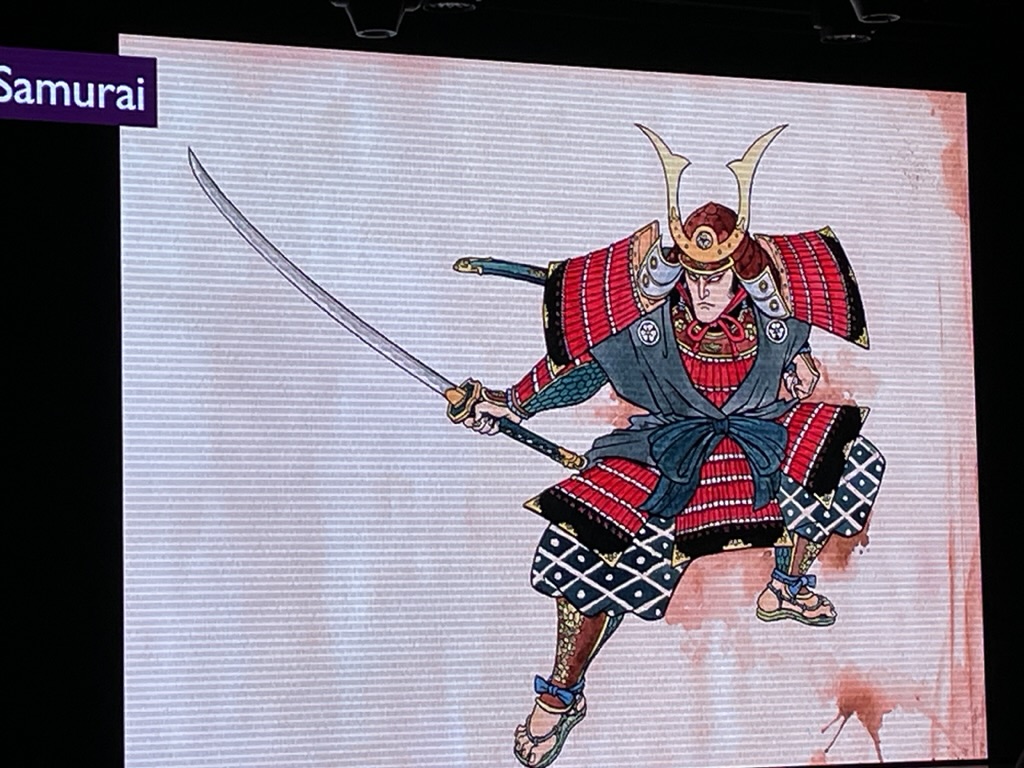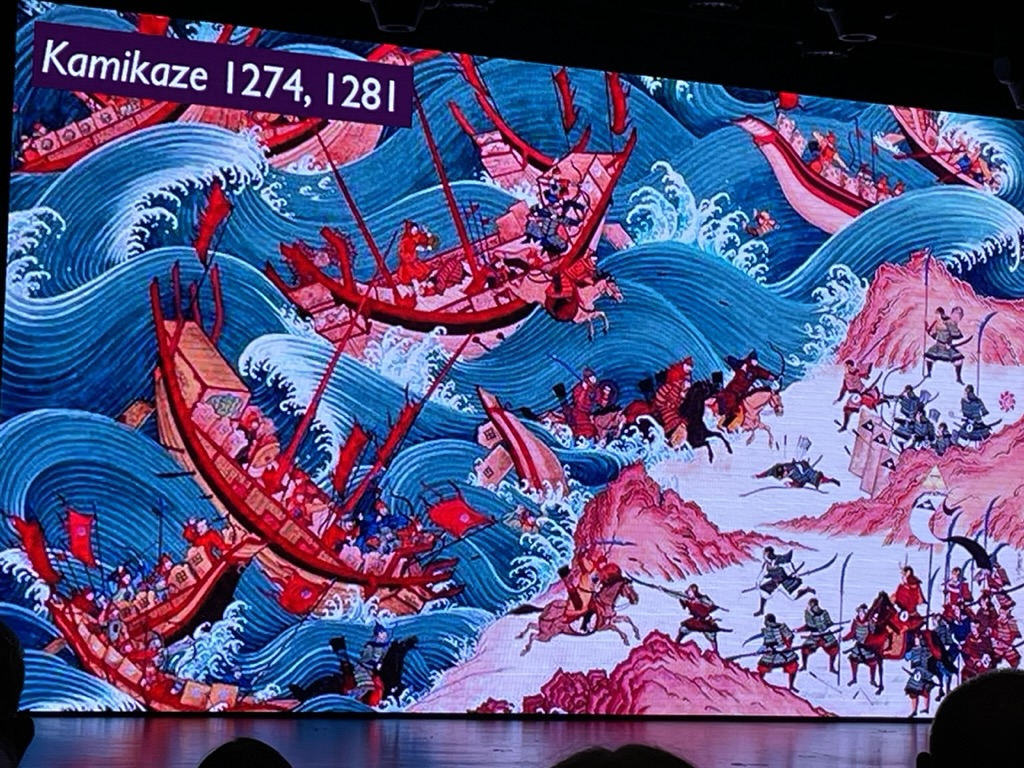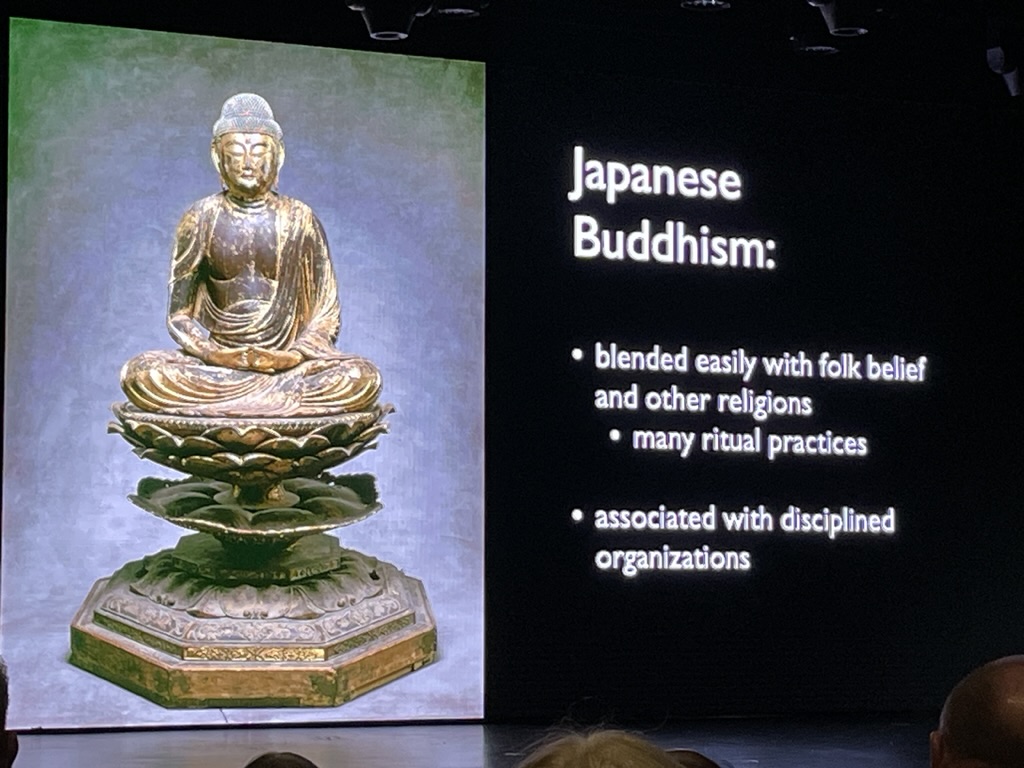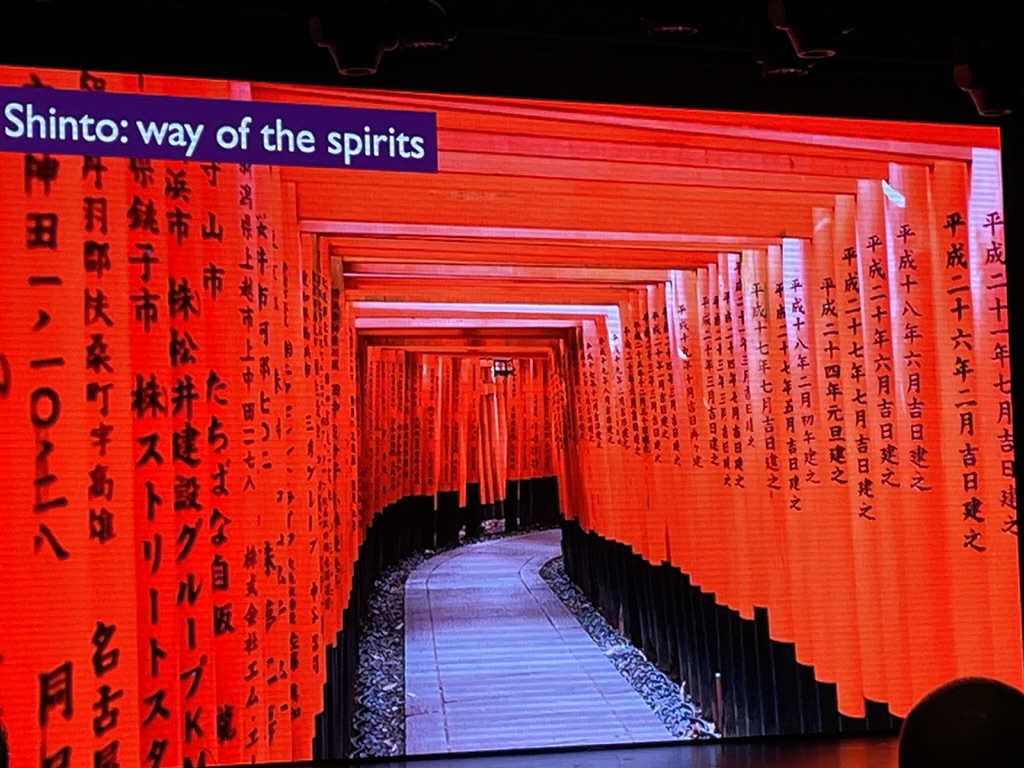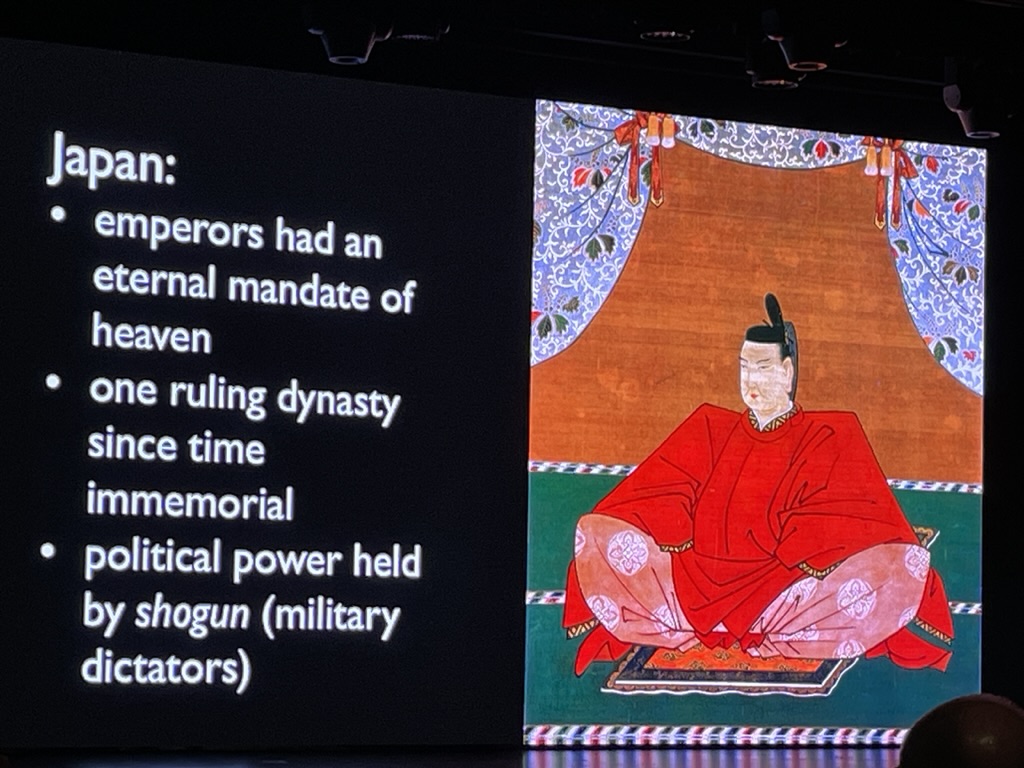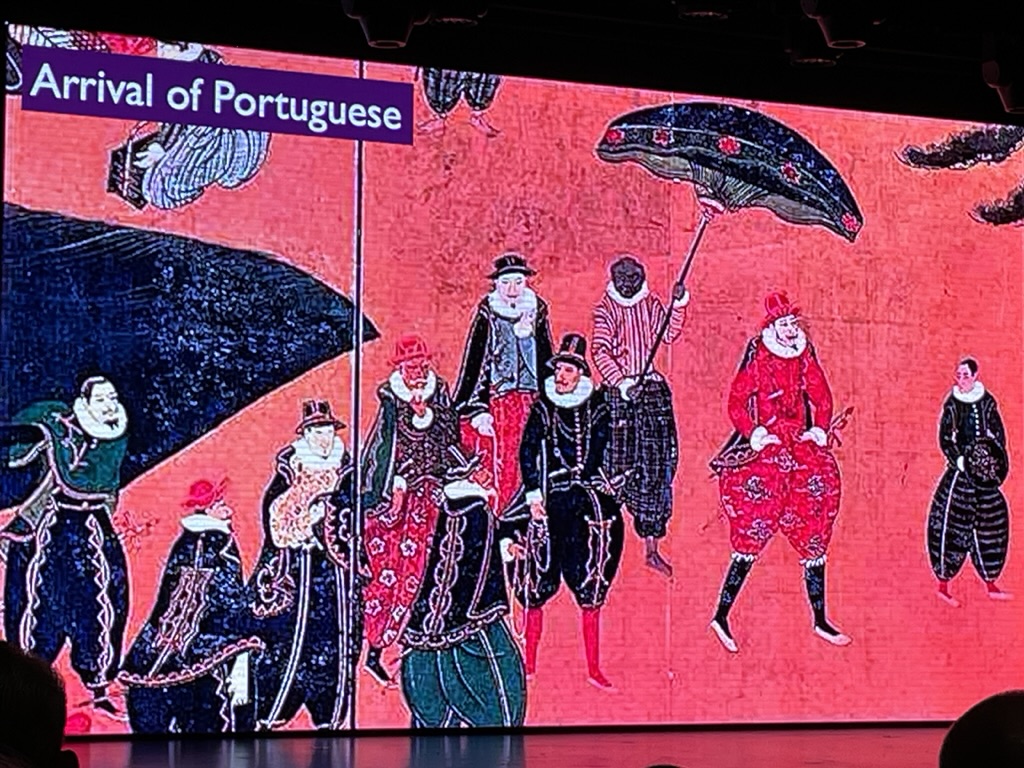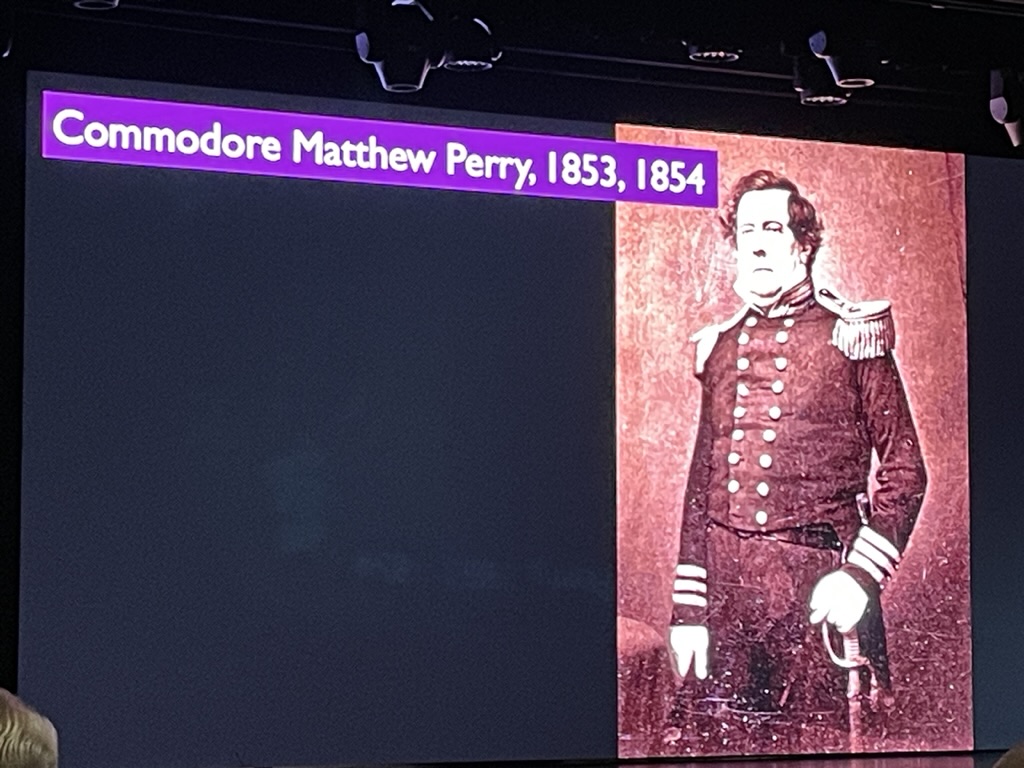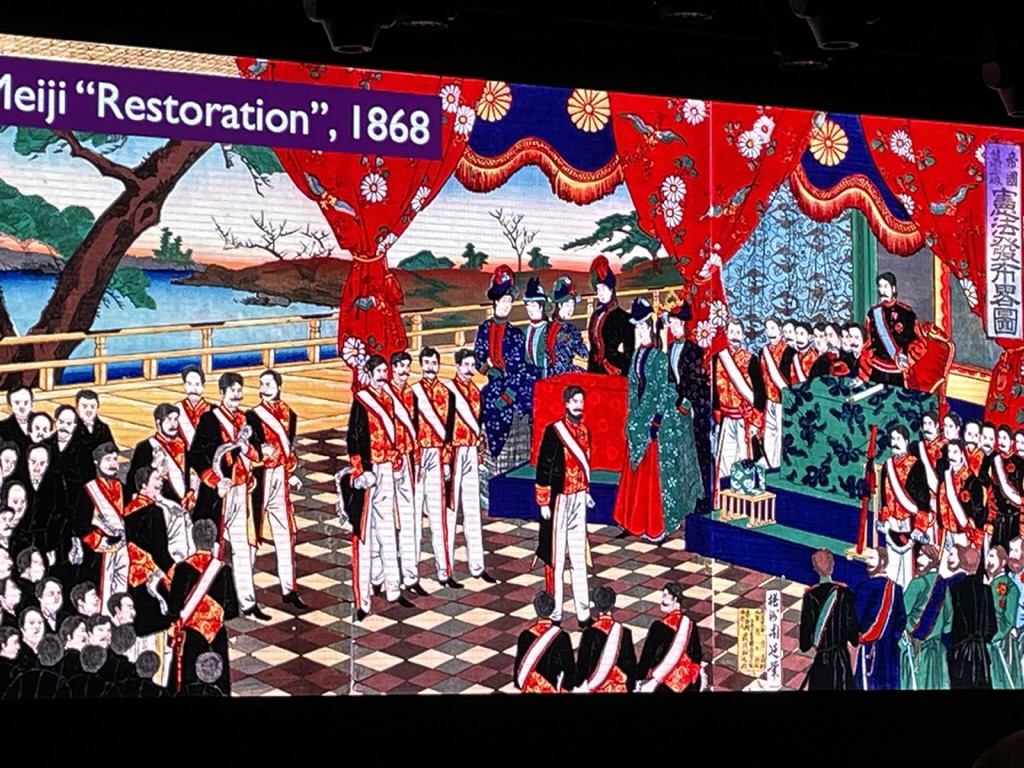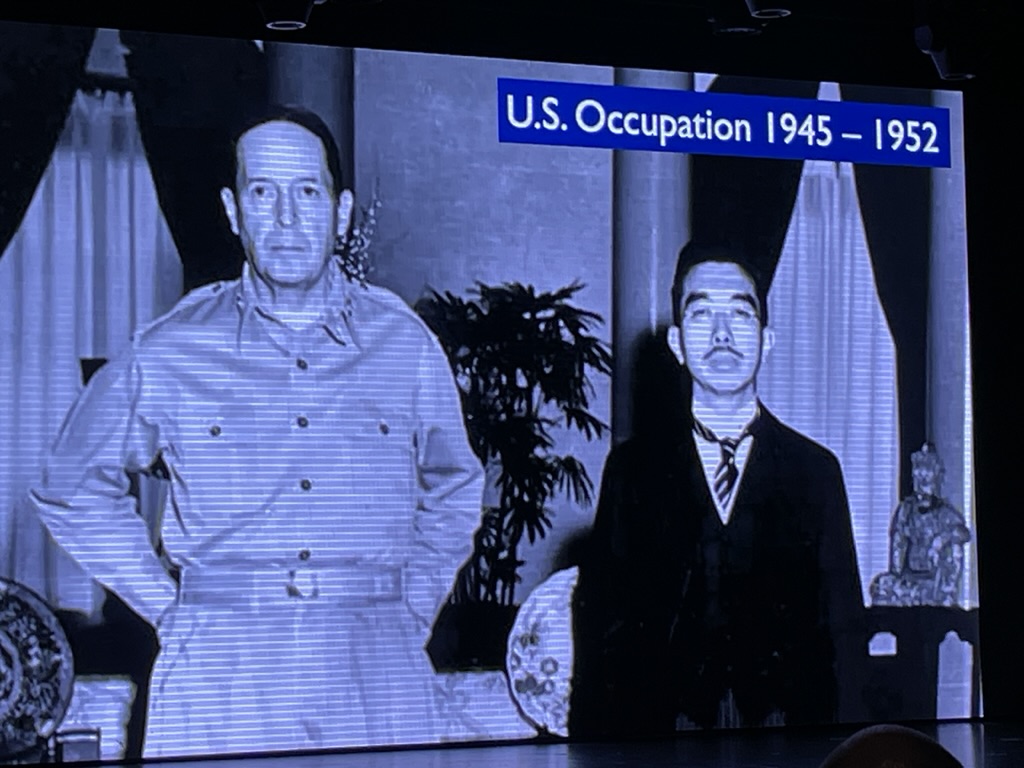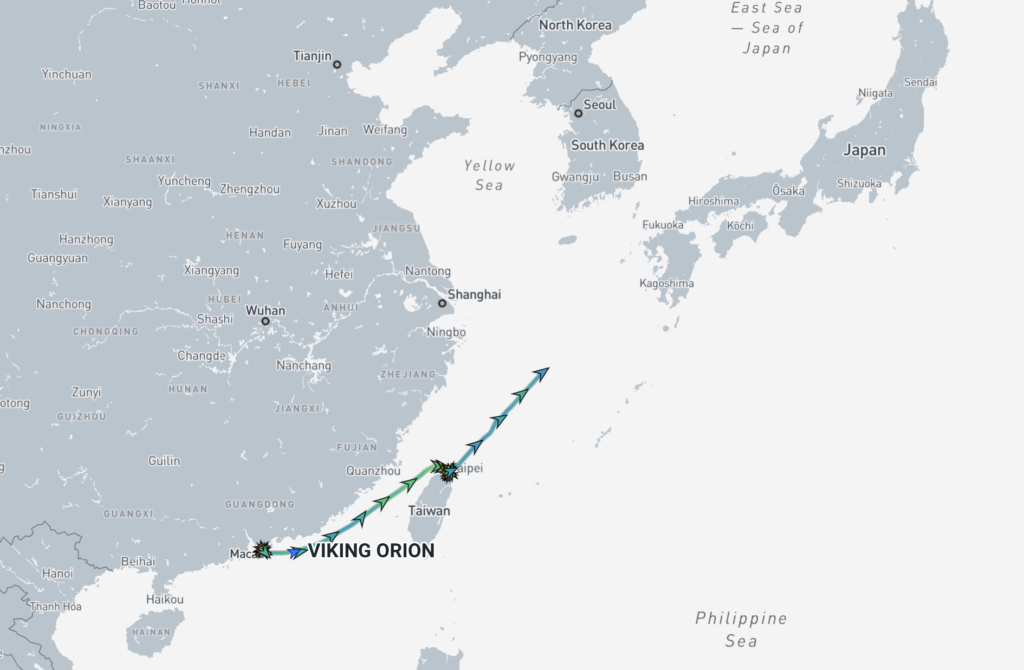
Noon Report:
- Location: N 29° 12.60′, E 125° 59.00′
- Speed: 18 Knots
- Course: 43º
- Weather: High clouds
- Temperature: 18º C; 64º F
- Wind: N 10 knots; 11 mph
- Sea: Rolling swells
It was a normal sea day: Exercise, Breakfast, Lots-o-Lectures interspersed with short periods of rest and refreshment. So here’s the rundown:
LECTURE: Sakurajima and Other Explosive Active Volcanoes
FORUM: Confucius: He Said What?
A forum is different from a lecture. It’s intended for a smaller group (though whoever decided that didn’t know Viking passengers). The leader gives a brief intro to the topic and the floor opens for discussion – all in the space of 45 minutes. In this case the introduction was just under a half hour and when we left after a half-hour of discussion it was showing no signs of getting near a end.
Following a review of the key concepts of Confucianism the lecturer posed these six questions for discussion:
- Confucianism is said to emphasize thrift, hard work, and frugality. Do these values contribute to economic growth?
- Confucianism is said to emphasize hierarchy and respect for authority. How has this emphasis affected the business and organizational structures in Confucian societies?
- Has Confucianism produced a highly skilled workforce in East Asian countries?
- Are Confucian ideas of social harmony important in economic development?
- Does Confucianism promote long-term thinking and intergenerational responsibility?
- How does Confucianism’s emphasis on family and filial piety affect business succession and the growth of large corporations? (Nepotism!)
TRIVIA
After that exercise we rested our brains with a bit of General Knowledge trivia.
We did OK – 16 out of 20.
Our team includes a Floridian and a pair of Aussies so certain cultural questions tend to stump us (like the name of the clown on The Simpsons).
Then it was time for LUNCH
LECTURE: Japanese Gardens – Temple, Royal, and Domestic
Following lunch it was back to the Theatre for a lecture on various types of Japanese Gardens.
Short break to relax a bit before…
PORT TALK: Nagasaki and Kagoshima
There’s no room on tomorrow’s schedule for a Port Talk on Kagoshima so they did both at once.
EXPLORER’S SOCIETY RECEPTION
Later we attended a reception for people who have sailed with Viking before. We weren’t going to attend but it coincided with Cheryl’s snack-time so we headed down for a snack (her) and a glass of bubbly (me). While there we ran into Randy and Kelly from Florida. They were on the World Cruise last year. We didn’t socialize with them then, except for the “Randy’s Dinner” (The event for the five cruisers named Randy and their spouses). We had a nice chat and arranged to have dinner together tomorrow.
LECTURE: History of Japan
The last lecture of the day was a short survey of the history of Japan.
Then it was time for DINNER and RETREAT.
Tomorrow is a bit of a relaxing day with a short excursion in the morning and free time the rest of the day.
Till then, Tah.
Cheryl’s Factoids:
- Confucianism’s emphasis on filial piety merged with the ancient tradition of Ancestor Worship. Some Chinese believe in a ghost afterlife and if their son is dead they will arrange a living woman to be married to him as a “ghost wife”. They will also burn paper images of food, drink, and money so the ghost has a good life and want for nothing. Since taking care of your family was so important, it led to nepotism and corruption – so eunuchs became very important as their devotion was solely to the emperor/shogun.
- In 1271 and again in 1281 when the Mongol Emperor sent warships to attack Japan, both times a strong divine spirit (kami) wind (kaze) destroyed the fleets and saved Japan. The kamikaze pilots of WWII were named after this “divine wind” – a sudden attack on an enemy (especially one in which the people attacking know they will be killed).
- Under the Tokugawa shoguns (the military leader), Japan had 250 years of peace – unique in the entire world at that time. It gave rise especially to the artistic expression of landscapes where peace and beauty rest your spirit and calm your being.
- I was surprised to learn that the tall decorative buildings were the Eastern version of a castle – with a defensive moat and arrow slits on the upper floors.
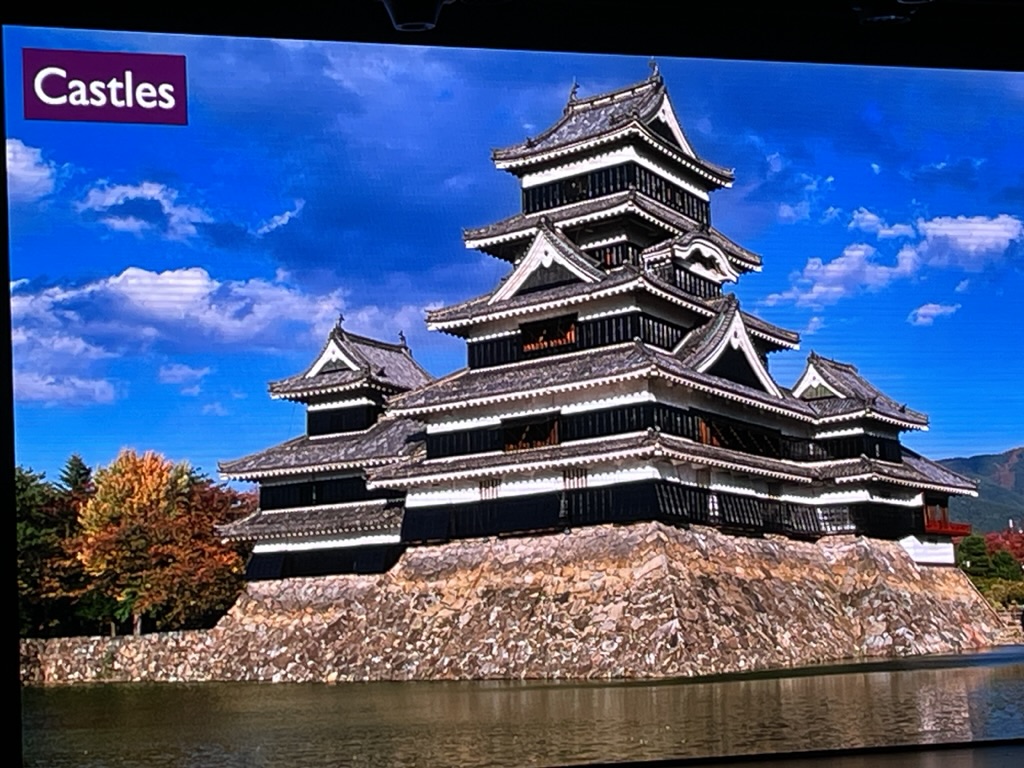
- The Japanese closed their ports against Western influences until Commodore Perry sailed into the bay with his smoking steamships and cannon and ultimatum to open trading ports. But he also offered a gift of a small train that impressed them. During the years of peace, the Samurai warrior clan had almost become extinct (some becoming merchants or administrators), but when Perry arrived a group of 12 young samurai deposed the current shogun, brought the emperor to Tokyo, and convinced him that Japan needed to modernize to catch up with the European powers.
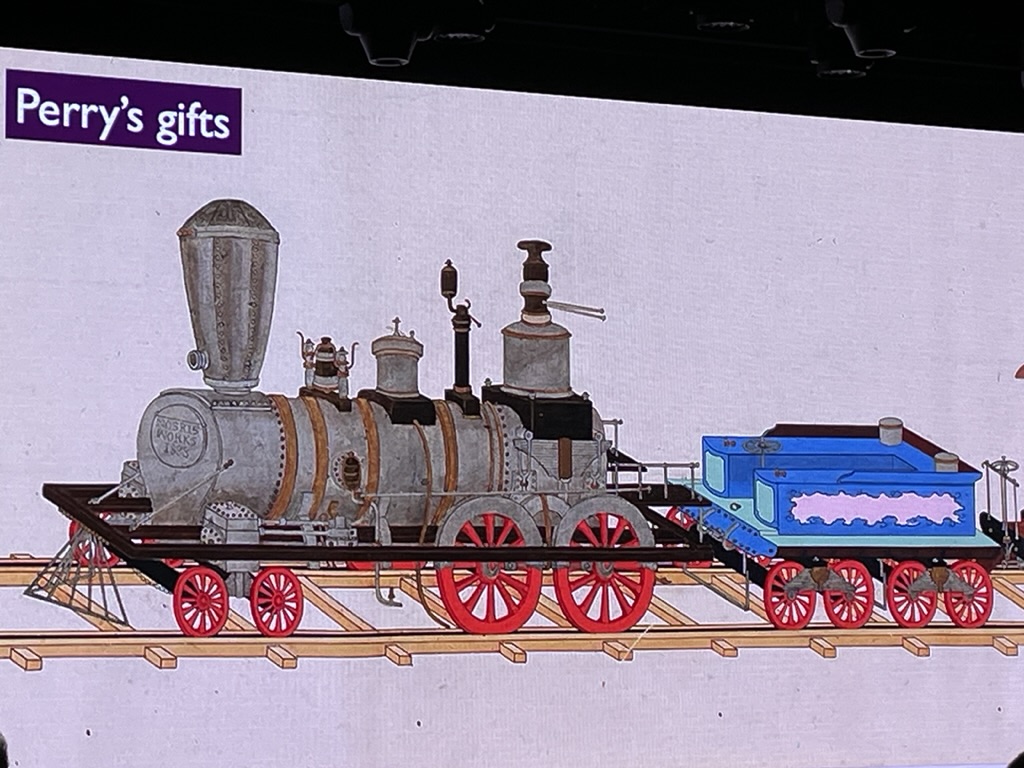
Japan was so successful at modernizing (and had lots of money from all those years when they didn’t have to fight wars) that when they fought and won the 1905 war against Russia, they got the idea to colonize other countries for themselves, just like the Europeans. With their modern weapons and seeking more resources, they took over Korea, started the Sino-Chinese wars, and ultimately attacked Pearl Harbor.
